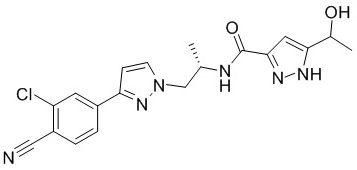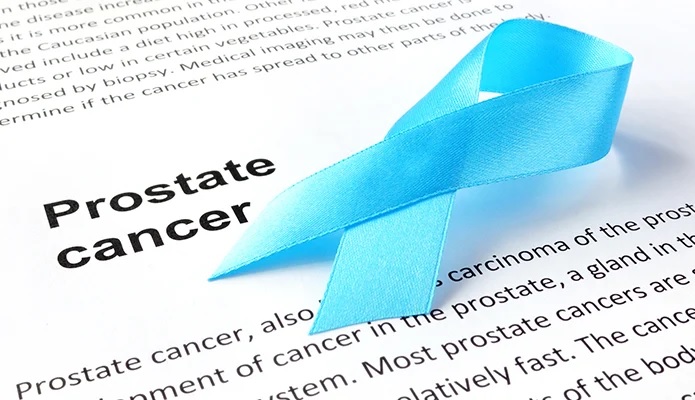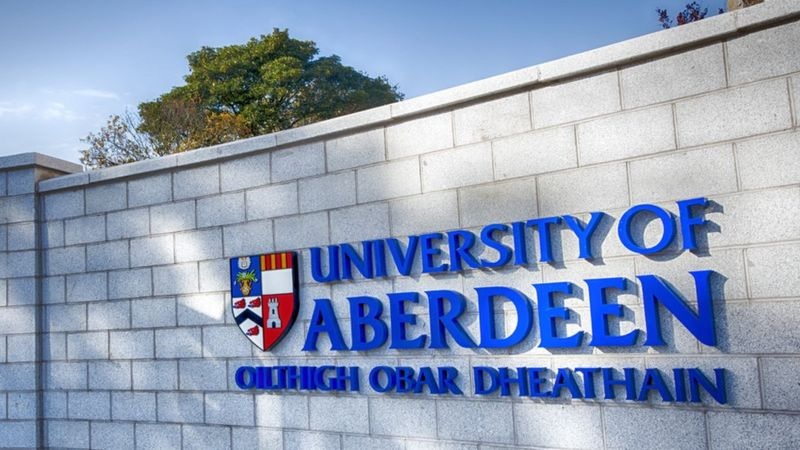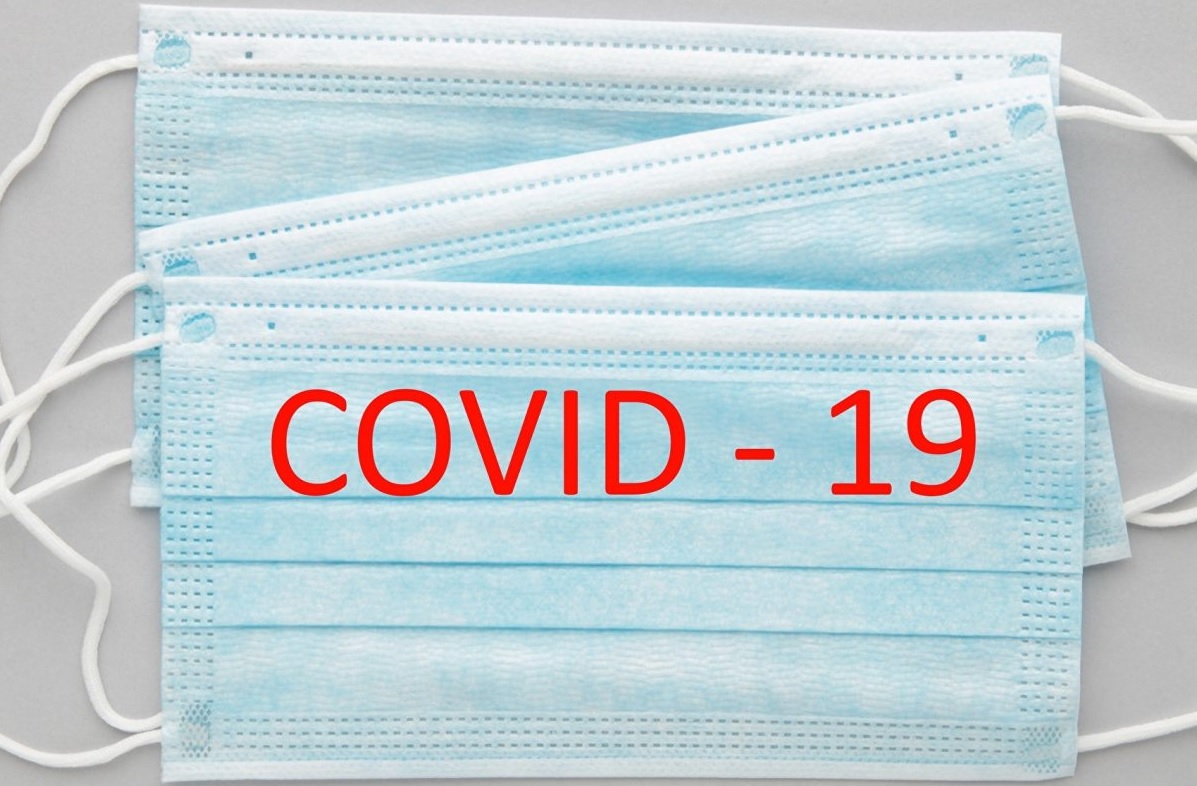|
||||||||
|
In this issue:
|
||||||||
 |
Clusters of pain, fatigue and depression common in prostate cancer survivors |
|||||||
 |
Diabetes risk for men on ADT: new hope? |
|||||||
 |
New advice on patient consultations in the COVID age |
|||||||
|
Prostate Research and Treatments
Darolutamide Prolongs Survival in nmCRPC |
||||||||
Trends in Management of High-Risk PCa in the US |
||||||||
|
Surveys
PIONEER Study - REMINDER |
||||||||
|
Europa Uomo News
Invitation to EUPROMS |
||||||||
|
Items of Interest
Masks - to wear or not? |
||||||||
|
FREE SUBSCRIPTION TO EUROPA UOMO MONTHLY UPDATE All previous issues are available on website: www.europa-uomo.org/newsletters/ |
||||||||
|
UPDATE is published by the Board of Europa Uomo for its member organisations. Editorial and production: Anja Vancauwenbergh. |
||||||||


